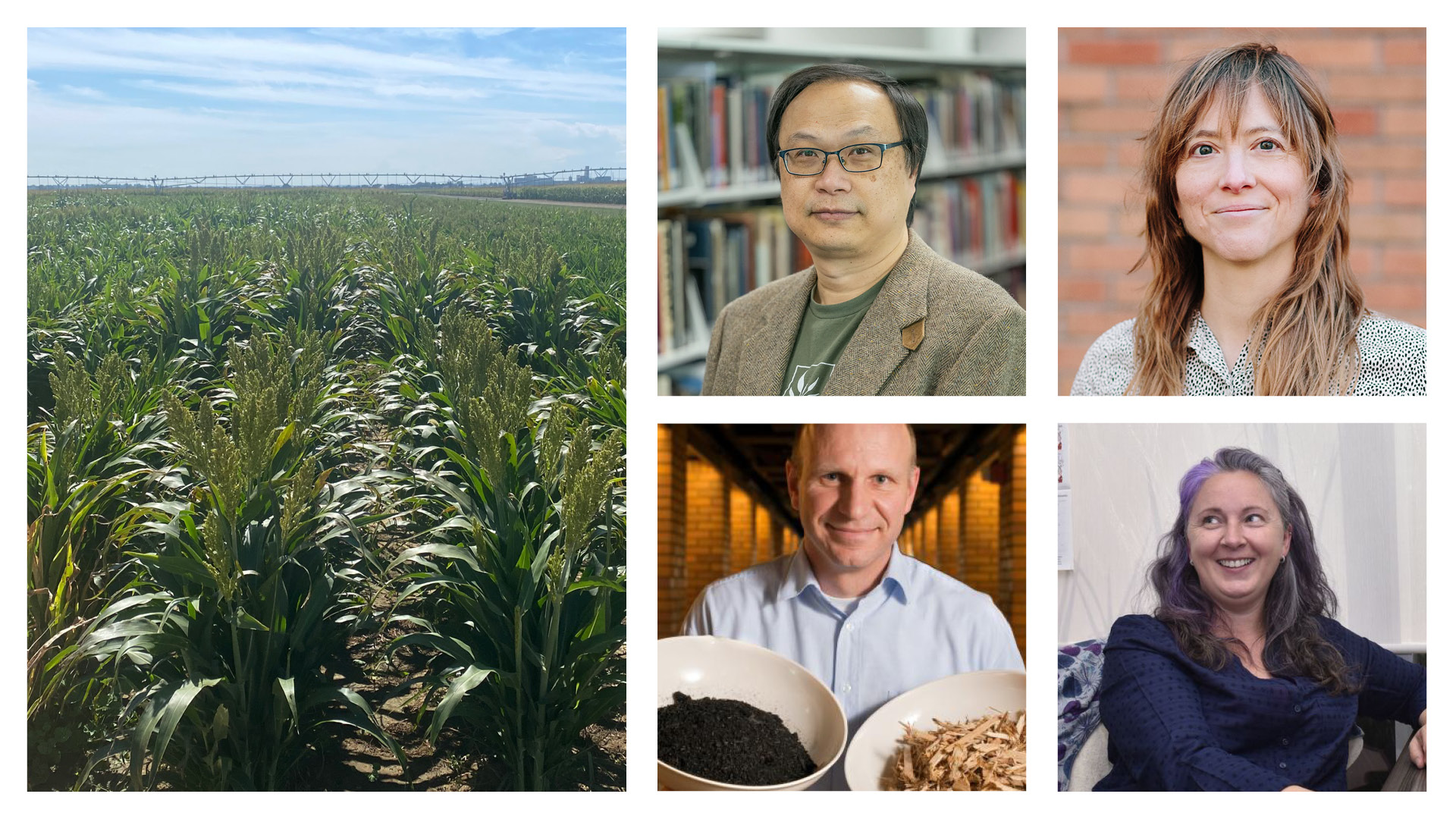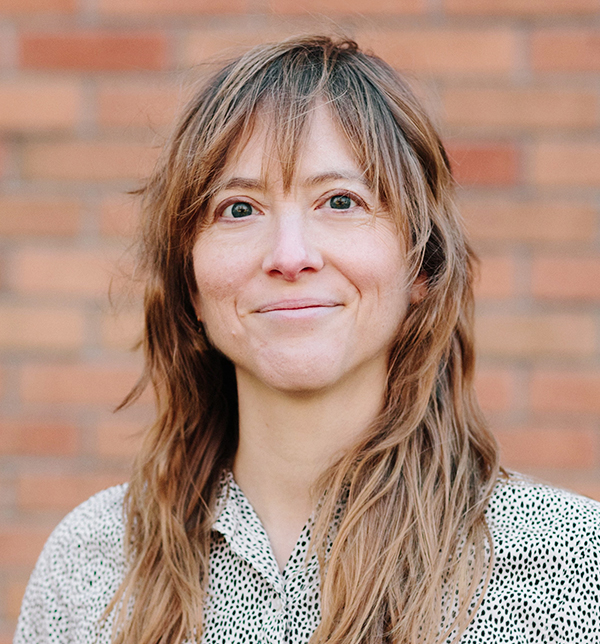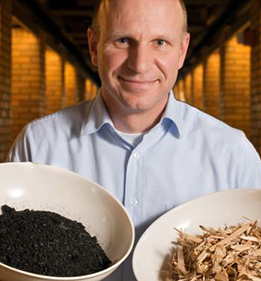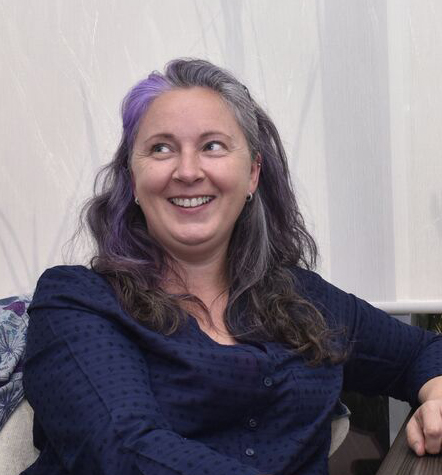
Plants need to adapt to challenges like drought, heat, and pests to survive, and scientists use this understanding to improve crops through genetic solutions. With a growing population and changing climate, it’s crucial to harness plant adaptation for boosting food and fuel resources.
CSU will host a series of vision talks with global thought leaders who will share their research and vision for improved resilience and sustainability in agriculture.
“This seminar series was launched in spring 2023 with a shoestring budget but was well received and appreciated by the CSU research community and beyond,” said John McKay, professor in the Department of Soil and Crop Sciences.
“This year, the Cargill Crop Innovation center, which is a team of scientists based in Fort Collins, has generously provided funds to continue and expand these Plant Adaptation Vision talks. Cargill recognizes the crucial role that CSU plays in training undergraduate and graduate students with the conceptual basis needed to increase sustainability and adaptation to future climates in our cropping systems,” said McKay.
Since its early years, CSU has been focused on rapidly testing the adaptive value of new traits and genetics in plant science. These discoveries empower farmers in Colorado, the U.S., and the developing world to adopt new crop varieties that offer increased nutritional value, higher return on investment per hectare, and can be produced more sustainably.
2024 Plant Adaptation Vision Talks

Connecting sequences to functions and selection: opportunities and challenges
Shin-Han Shiu, Michigan State University
January 31, 2024 | 3 p.m. | Scott 101

Symbiosis as an extended phenotype: The evolution and genetics of microbially-mediated plant traits
Katy Heath, University of Illinois
February 14, 2024 | 3 p.m. | Scott 101

Soil organic carbon sequestration in climate change mitigation: is the glass half empty or half full?
Johannes Lehmann, Cornell University
February 28, 2024 | 3 p.m. | Scott 101

Exploiting evolution to identify genetic targets for engineering crops adapted to future climates
Sarah Hearne, International Center for Maize and Wheat
April 3, 2024 | 3 p.m. | Scott 101
About the planned Institute for Plant Adaptation
These vision talks have been coordinated by faculty in the planned Institute for Plant Adaptation — a new initiative under development at Colorado State University. By integrating discovery across colleges and disciplines, the planned Institute aims to align basic science, applied science, and stakeholder demand to an unprecedented degree. This effort is a collaboration between the Colleges of Engineering, Natural Sciences and Agricultural Sciences at CSU.
The collective experiences of these scientists span topics such as drought adaptation, carbon sequestration, nitrogen use efficiency, vitamin biofortification, food quality, and pest and disease resistance – all tools that can help meet society’s need for more productive, sustainable, and resilient agriculture.
Learn more at the College of Agricultural Sciences plant adaptation webpage.